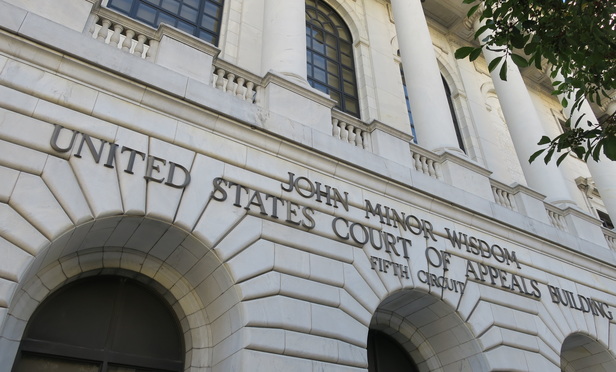Law school summer jobs and externships at times give only a partial view of life at the firm—accompanying lawyers to court sessions, depositions and social events—but the substantial effort required to organize more meaningful programs is not always possible. It is heartwarming therefore to learn that one externship may well have affected a Supreme Court decision—and was given a shout-out, of sorts, at the oral argument of that case.
Buck v. Davis presented chilling facts: The expert for the defense in the penalty phase of a Texas capital case testified that African-Americans (such as the defendant) had a greater statistical propensity for repeat violent offenses. The defendant was sentenced to death, and the U.S. Court of Appeals for the Fifth Circuit refused to issue the certificate of appealability needed for a habeas petition. In the Feb. 22, 2016, opinion, the U.S. Supreme Court reversed and remanded on grounds that the Fifth Circuit had applied the wrong standard in evaluating the claim.
This content has been archived. It is available through our partners, LexisNexis® and Bloomberg Law.
To view this content, please continue to their sites.
Not a Lexis Subscriber?
Subscribe Now
Not a Bloomberg Law Subscriber?
Subscribe Now
LexisNexis® and Bloomberg Law are third party online distributors of the broad collection of current and archived versions of ALM's legal news publications. LexisNexis® and Bloomberg Law customers are able to access and use ALM's content, including content from the National Law Journal, The American Lawyer, Legaltech News, The New York Law Journal, and Corporate Counsel, as well as other sources of legal information.
For questions call 1-877-256-2472 or contact us at [email protected]



